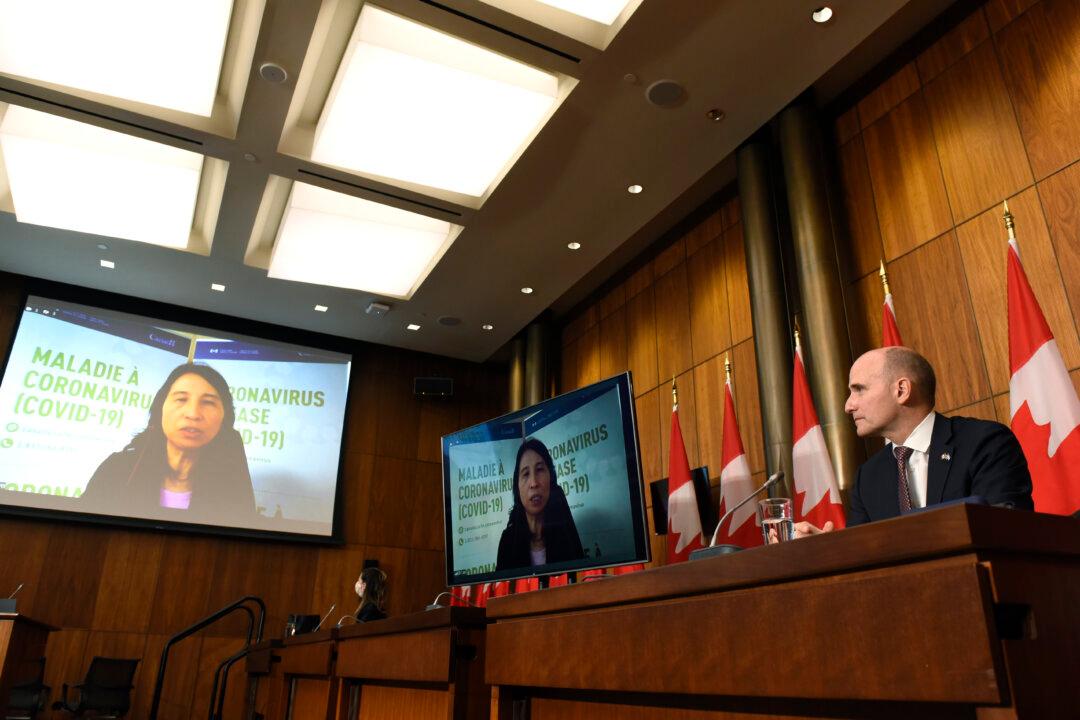The federal government is bringing back requirements for a pre-arrival COVID-19 test for all travellers coming to Canada, while lifting travel bans that had been placed on 10 African countries.
“We need to stay alert and ready to act on changing trends and new information,” Minister of Health Jean-Yves Duclos said at a press conference on Friday, as he announced two measures related to the rapid transmission of the new Omicron variant.





